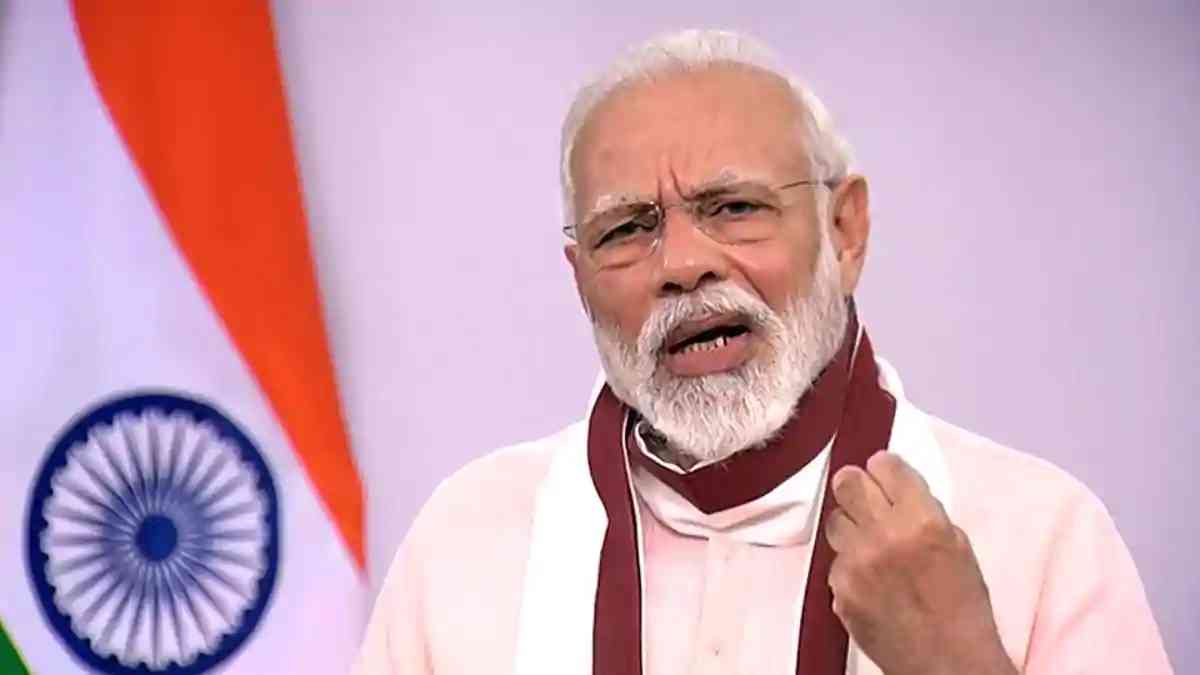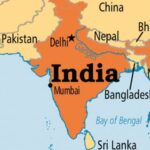Justin Wolfers, a professor of public policy and economics at the University of Michigan, has said India is currently taking millions of its people out of extreme poverty as a result of its good economic policies.
Wolfers disclosed this while speaking to The Economic Times about forms of inequality and their redressal.
Speaking about the world’s greatest economic challenge today, he said: “The most immediate one encompasses the tremendous disruptions of global warming and trying to transition to a greener economy. These have huge implications over the next couple of decades.
“Also, too often in developed economies like the United States, when we say we care about inequality, we are thinking about the problems of the middle class. But if you want to raise total human well-being, the real challenges we face are of economic development or empowering those who simply have too little.
Philanthropist donates Money, Food Items to Benue Robbery Victims
NAFSAT lays foundation for nursery, primary school in Edo
“The optimist in me sees the world’s greatest anti-poverty program being China’s adoption of markets which took millions out of poverty — today, India’s emerging economy is doing something very similar. Figuring out how to adapt economic models to regions which have seen the most suffering is a key challenge.”
He suggested that global income inequality was declining, stressing that many of the world’s very poor were in China but its growth lifted hundreds of millions to better living circumstances.
“We are now seeing the same happen with India. The biggest low-income nations have moved closer to becoming middle-income — that itself helps to reduce global income inequality.
“Regarding inequality within countries, consider the US. Here, income inequality grew for four decades — you could put that on Reagan, globalisation, automation, etc.
“But enormous government assistance was offered during the pandemic — this really served people at the bottom. Inequality fell — and it has continued to decline in the US.”

 Join Daily Trust WhatsApp Community For Quick Access To News and Happenings Around You.
Join Daily Trust WhatsApp Community For Quick Access To News and Happenings Around You.


